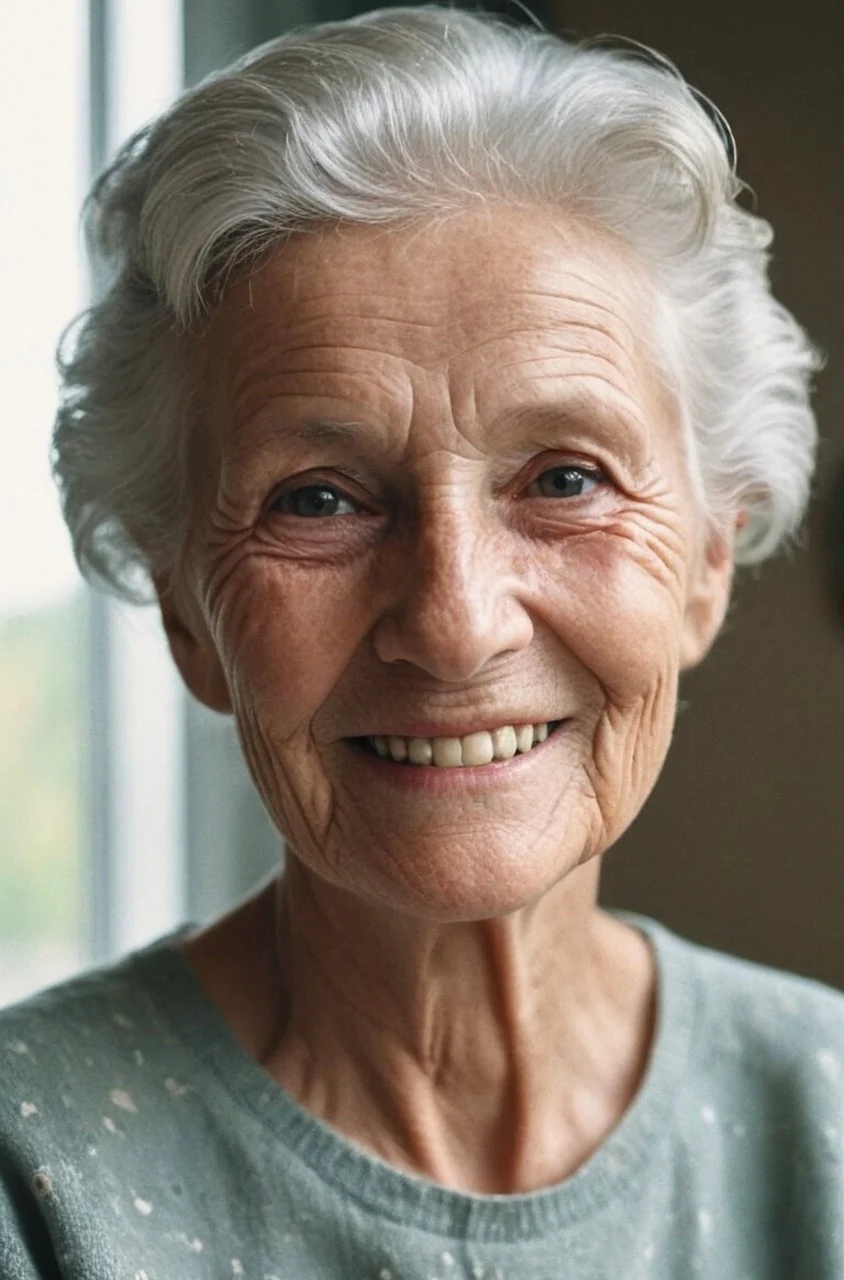
According to the National Center for Injury Prevention and Control, about 14 out of 86 suicides that take place daily in the United States are committed by senior citizens over the age of 65. Statistically, senior citizens are lower risk than teenagers and middle aged individuals when it comes to suicide. However, according to the American Association of Suicidology
“One of the leading causes of suicide among the elderly is depression, often undiagnosed and/or untreated.”
But depression in the elderly is unique in that the factors that trigger depression tend to be specific to their age group. One of the leading causes of depression in the elderly are severe health problems, including chronic pain or cognitive decline. As a result of physical limitations, or sometimes shortly after retirement, many older adults struggle with a reduced sense of purpose.
Loneliness and isolation are another common factor. Many older adults are grieving the loss of loved ones, sometimes several in a row. They may face fears of dying themselves or anxiety over finances. Their shrinking social circle or even by the loss of a driver’s license can make them feel lonely and depressed.
It is important to understand the symptoms of depression in older adults. That way friends or family can intervene to make sure that the problem is addressed. Many times, people mistake depression in the elderly for Dementia because several symptoms are similar, including memory loss. However, it is possible to distinguish between the two. For example, in depression, mental decline is quick whereas in Dementia, mental decline is slow. Depression can lead to difficulty in concentrating whereas dementia can cause short term memory loss.
Common Signs of Depression in the Elderly
- Unexplained aches and pains
- Expressed feelings of hopelessness
- Increased anxiety
- Memory loss
- Lack of motivation or energy
- Irritability
- Loss of interest in socializing or hobbies
- Skipping meals
- Forgetting medications
- Neglecting personal hygiene
If you notice these symptoms in your loved one, take positive steps to help them. You can invite them to participate in activities with you and your family, schedule regular social interaction with them, help them plan and prepare healthy meals, and assist them with medication management. In some cases, you might need to speak to a doctor might about mood stabilizers.
Sometimes, an older adult may struggle with depression so severely that they need medical supervision. It may be necessary to find them assisted living where a care giver can keep an eye on them. Assisted Living communities also offer regularly scheduled activities, planned meals, medication management, and social interaction. If you feel your loved one would benefit from this type of stimulating environment, call Care Placement. Our senior care experts will do a detailed assessment to determine which properties would be right for your family member. For more information on depression and the elderly, you can visit HelpGuide.org.
